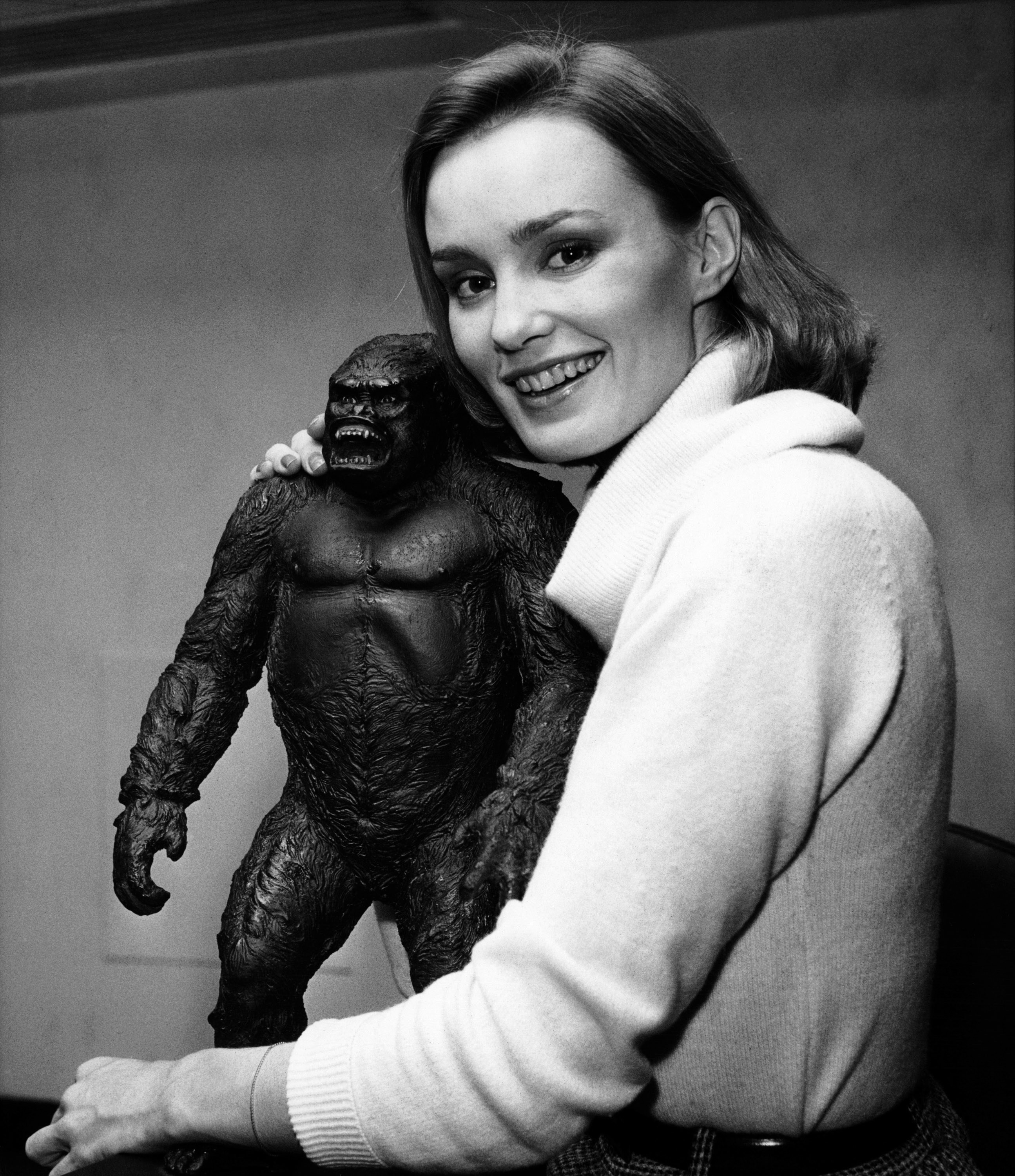ROBERT SIEGEL, HOST:
A lawyer in a small West Virginia town is taking on the wealthy middleman in the opioid crisis, the pharmaceutical distribution industry. It’s a $400 billion business that’s built on moving drugs from manufacturers to pharmacies, and these distributors are supposed to flag any unusually large orders of opioids.
Ailsa Chang of NPR’s PLANET MONEY podcast reports on a new spate of lawsuits in West Virginia that uses a creative legal theory against the distributors.
AILSA CHANG, BYLINE: In Cabell County, W.Va., a personal injury lawyer is going after Fortune 500 drug distribution companies like they were dilapidated buildings. Paul Farrell has declared these companies a public nuisance, and he’s hoping to make them pay billions of dollars to several counties. As he recalls it, the battle plan was hatched months ago at his dad’s house in Huntington at breakfast.
PAUL FARRELL: He’s a judge in town. But he puts on this apron, and he stands at the grill. And he cooks bacon and eggs, and it’s kind of a Sunday morning tradition for my family.
CHANG: And on this particular Sunday morning, the family’s just sitting around, talking about a news story about how drug distributors dumped truckloads of opioid pills into their small county for years without ever reporting suspicious orders as they’re supposed to. At one point, Farrell’s mom speaks up.
FARRELL: She made some offhand comment to the rest of the family that somebody in our community should do something about it. And that’s when my – one of my brothers looked at me and said, isn’t that what you do for a living? And everybody kind of looked at me. And I said, well, what am I supposed to do?
CHANG: What was he supposed to do? The Drug Enforcement Administration was already fining these distributors millions of dollars. The state attorney general extracted millions more, but very little of that money was filtering down to the counties most devastated by the opioid epidemic, counties still struggling to pay for jails, hospitals, police and recovery programs. So Farrell wanted to figure out a way his county could sue these companies directly. That’s when he started flipping through some books he keeps mostly for display behind the reception desk at his law office. It’s the West Virginia Code.
FARRELL: Then I get to one particular statue, and it has a simple heading and one sentence.
CHANG: What was the sentence?
FARRELL: And the sentence was, the West Virginia Legislature hereby gives authority to the county commission to eliminate hazards to public health and safety and to abate or cause to be abated public nuisances. It was pow. It hit me right in the nose. This is exactly what I need.
CHANG: Pow.
FARRELL: Pow.
CHANG: Public nuisance. Farrell starts pitching this idea around, and one night he’s explaining to Kent Carper, a county commissioner in Kanawha County, how he’s going to use the public nuisance law in the opioid fight.
KENT CARPER: The interesting thing about that is, I helped write this statute.
CHANG: Oh.
Kent Carper helped write the state public nuisance law about 20 years ago to go after what he calls illegal dumps.
CARPER: Where people would have a dump in their backyard and just have it piled up with trash 12 feet high, tires, refrigerators.
CHANG: After illegal dumps, he used the statute to close down unsightly strip clubs and then meth houses. So when Farrell suggested using the statute against opioids, Carper said it was like a bell went off in his head.
CARPER: They had no idea that I had been involved in this statute so intensely. So when he started talking about the statute, he starts talking about it, and I’m going like, yeah. I love it when people tell me I’m right.
CHANG: (Laughter).
CARPER: So I was very receptive to that. I’m thinking, how clever that is.
CHANG: Farrell has now filed these public nuisance suits for seven counties along the coal belt, the areas hardest hit by opioids. Right now the distributors are trying to get these suits dismissed. They say they’re just scapegoats, that a lot of other people are in the supply chain, and they are not the ones who actually put the pills into the hands of addicts. John Parker’s the spokesman at the trade association for drug distributors.
JOHN PARKER: Distributors don’t write prescriptions. We don’t dispense medicines to patients, and we don’t regulate the practice of medicine or pharmacy in any way.
CHANG: The next three months will determine whether Farrell’s strategy will live or die.
FARRELL: So what’s happened now is I’ve penetrated the lines. And they’ve circled the wagons, and they’re going to do their best to try to eliminate me.
CHANG: And if they don’t, Farrell says he is ready to replicate his battle plan in other counties across the country. Ailsa Chang, NPR News.
Copyright © 2017 NPR. All rights reserved. Visit our website terms of use and permissions pages at www.npr.org for further information.
NPR transcripts are created on a rush deadline by Verb8tm, Inc., an NPR contractor, and produced using a proprietary transcription process developed with NPR. This text may not be in its final form and may be updated or revised in the future. Accuracy and availability may vary. The authoritative record of NPR’s programming is the audio record.



